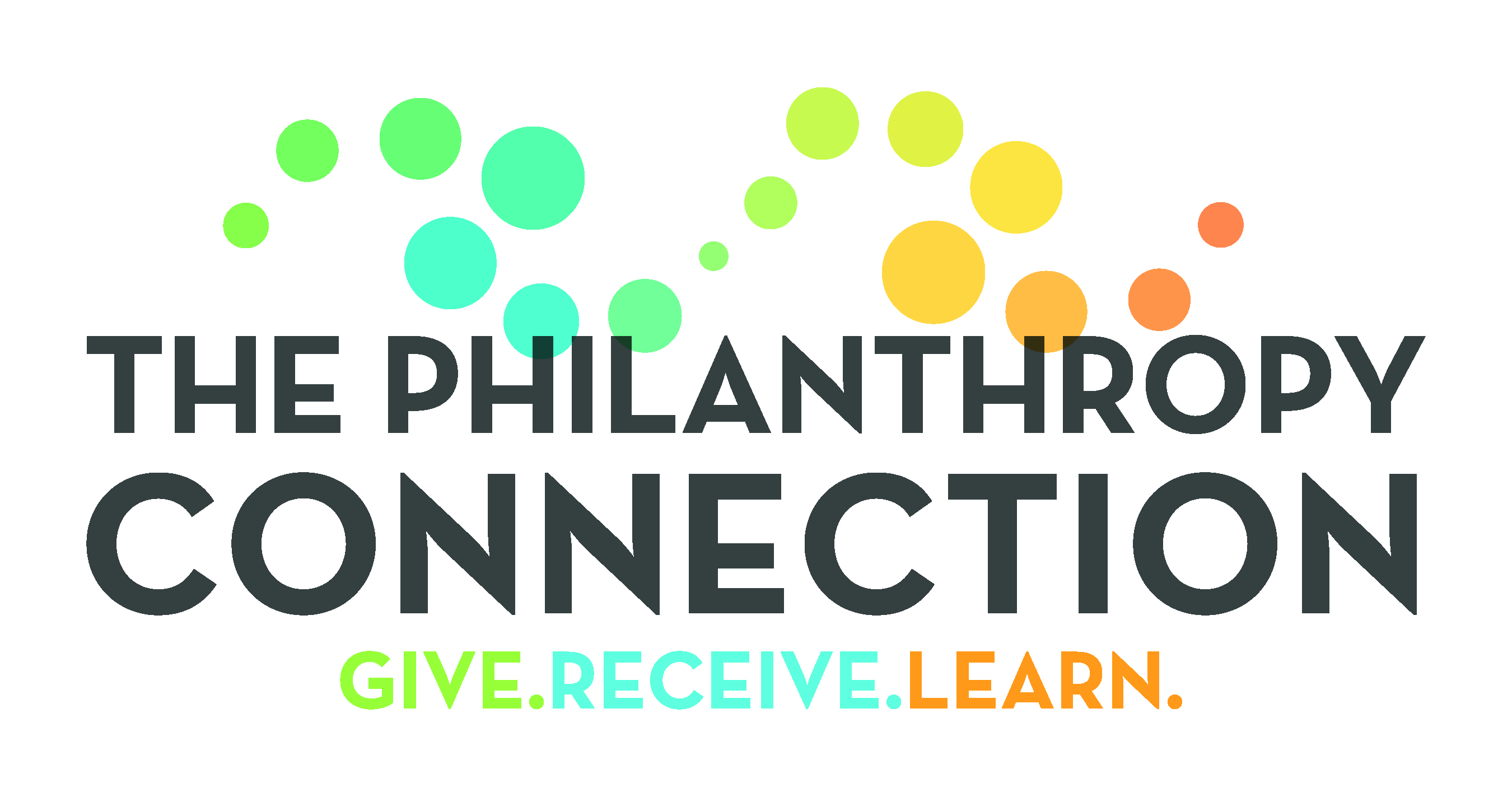The Interview: Jessica Brayden, Chief Executive Officer of RESPOND, Inc.

Did you know that one in four women will experience domestic violence in their lifetime? For those identifying as trans or gender non-conforming, this number jumps to a staggering 54%.
Created by survivors for survivors, RESPOND, Inc. (RI) has been at the forefront of the movement to end domestic violence for more than 45 years. Jessica Brayden has led RI for the past 14 years, serving as Executive Director and Chief Executive Officer. With its commitment to intervention, prevention, and education, RI has provided a life-saving shelter, crisis hotline, support services, and training and education to more than 100,000 members of the community. Services are free, confidential, and available to all survivors of domestic abuse – no matter their age or gender.
Can you share a story about how RI’s work has impacted an individual, family, or community?
There is one client whose story truly illustrates how all of RI’s services came together to help create safety and self-sufficiency. This client was referred to RI by colleagues concerned about her health and safety. With a spouse monitoring everything from cell phone use to food intake and birth control access, the client was forced to take extraordinary precautions just to begin meeting with counselors at RI. She taught herself to knit watching YouTube videos so she could tell her spouse that she was attending a knitting circle when, in fact, she was meeting with her support team.
When this client finally found the courage to leave after years of escalating abuse, RI was there to help. Safe housing was provided at the emergency shelter until more permanent housing was available. Law enforcement partners assisted with restraining orders and new identification cards were procured. Pro bono legal counsel initiated divorce proceedings, and technology experts removed monitoring and tracking applications installed by her abuser from her electronic devices.
Leaving is always the most dangerous time in an abusive relationship. On average, it takes seven attempts for a survivor to leave and stay separated for good. While this client is fortunate because she was able to escape and create a new life, she still lives in fear of being found. She continues to take safety precautions: keeping her address confidential, varying routes to/from work, and changing where she shops to avoid being followed. Unfortunately, this is a common concern among survivors. RI has clients who, decades after leaving abusive relationships, still come to the Community Center to pick up mail so that their address remains confidential and out of the public domain.
During TPC’s September Dialogue you shared RI’s “COVID Journey.” How has TPC’s grant helped you navigate this journey?
RI’s priorities throughout the pandemic have been to keep clients and staff safe while maintaining financial stability. The organization is so grateful for this year’s grant because it has provided the flexible funding needed to meet so many of the unexpected challenges brought on by the pandemic. COVID came without a rule book, so we’ve had to build our own lifeboat to help us navigate these unprecedented times. With TPC’s support, we’ve been able to make the necessary COVID pivots while maintaining core services, including our hotline, counseling, education, and other support work. The Community Center has remained open to distribute food, diapers, formula, and other necessities as well as to allow clients to pick up mail.
When COVID first hit, keeping clients safe required relocating eight families from RI’s emergency shelter into separate but secure housing units. The cost of moving families into scattered site units is much more expensive than housing them in the shelter, where most residents prefer to live. Late last year, just when RI began making plans to welcome families back to the shelter, Omicron hit and we had to pause those relocation plans. As Omicron subsides, RI is once again moving families back to the shelter.
Housing was a challenge long before the pandemic. That’s why RI remains so thankful for its first TPC grant eight years ago. In 2014, RI received a program-specific grant to support its survivor-forward housing services. Over the years, RI was able to leverage TPC’s grant with other funders to build a housing program that now includes three full-time staff members dedicated to helping survivors navigate the intricate housing services industry. Having this experienced housing team in place when COVID arrived was critical to RI’s success in steering clients through the housing crisis brought on by the pandemic.
What advice can you share with TPC members who may be concerned about the safety of someone they know?
For anyone concerned for a friend, loved one, colleague or family member, call RI’s Support Line at (617) 623-5900 between 8:00 am and 6:00 pm, Monday through Friday. Our counselors are trained to listen and help determine the best way to let the person you have concerns for know that help is available.
How can TPC members support RI’s work?
Please join us for our (virtual) Jazz Brunch Gala on Sunday, April 10, from 11 am to noon. The event features jazz standards by the Elliot Scozzaro Quartet, remarks from RI leadership, and a compelling story shared by a former client of RI. Learn more and register at https://www.respondinc.org/gala/. We hope you can join us! On our website you’ll also find our current shelter wish list, information about volunteering, and more ways to support our work to end domestic violence.
